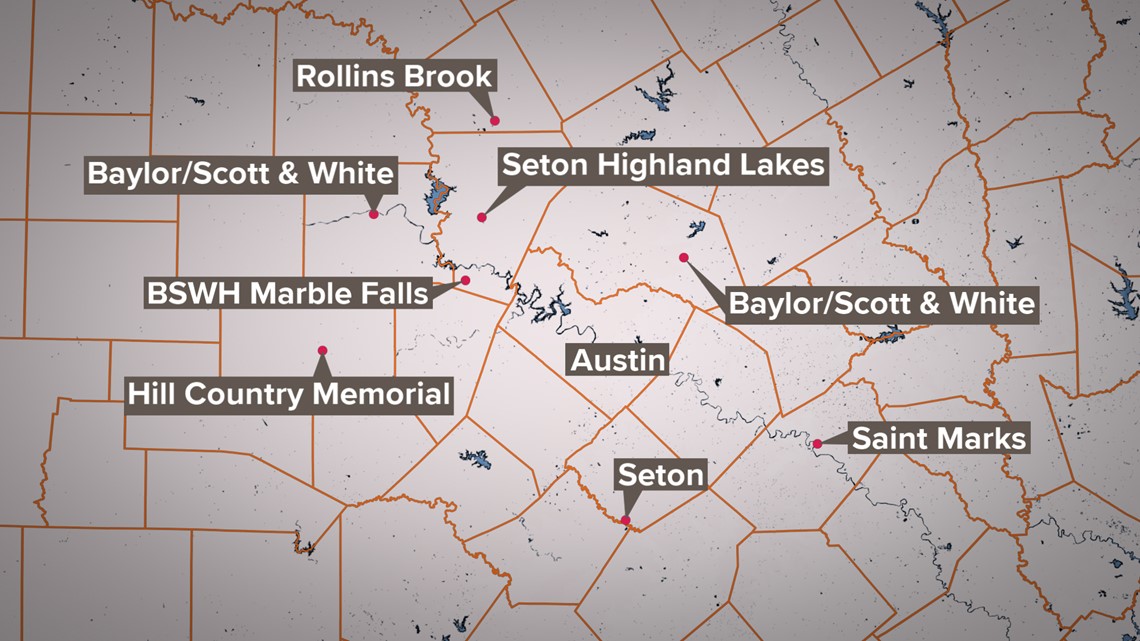AUSTIN, Texas — Some rural hospitals are hardly seeing patients right now.
After Gov. Greg Abbott lifted the ban on non-essential hospital visits three weeks ago, people still aren’t heading to those facilities.
If rural hospitals do not get more money or more patients soon, they could have to shut their doors permanently.
“No sports injuries, very few auto accidents – no one’s coming to the hospital because they’re afraid they’ll get the virus,” Texas Commissioner of Agriculture Sid Miller said. “About the only patients you’ll see in a rural hospital right now are heart attack victims.”
Miller oversees all the rural hospitals in Texas. He said those facilities have taken a big financial hit because of COVID-19.
One hospital in particular, Big Bend Regional Medical Center in Alpine, has had many financial struggles. The hospital’s parent company filed for bankruptcy last month.
“I hate to say it, but there’s a strong possibility there could be more that follow suit,” Miller said.
There are several rural hospitals in the greater Austin area. If, for example, Baylor Scott & White in Llano closed, the next closest rural hospitals near Austin would be in Burnet or Marble Falls. Both of those are at least 30 minutes away from the Llano hospital.


Some temporary relief for rural hospitals came from the federal government last week when $634 million was allocated to rural health care providers in Texas.
But there are concerns about how long that money will last.
“What the COVID-19 episode has done is disrupt their revenue and add to their operating expenses at the same time, as they have to build up buying supplies, ventilators, etcetera,” director of government relations for Texas Organization of Rural and Community Hospitals Don McBeath said.
McBeath said rural providers were struggling before COVID-19, so this just makes it worse.
“What we need to do, and it’s clearly good public policy in my mind, is make sure this health infrastructure we’ve invested in for decades in rural Texas stays there and stays open,” McBeath said.
Before that recent allocation of $643 million, Miller said about 60 hospitals were just days away from financial collapse. With this money, that timeline is just pushed back by a few months.
PEOPLE ARE ALSO READING:

